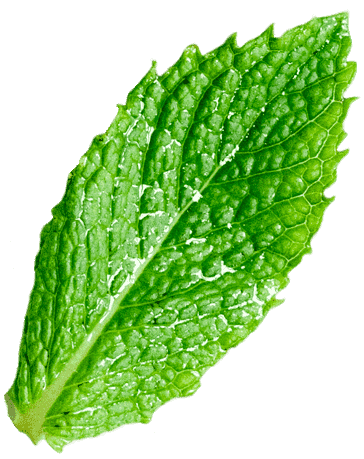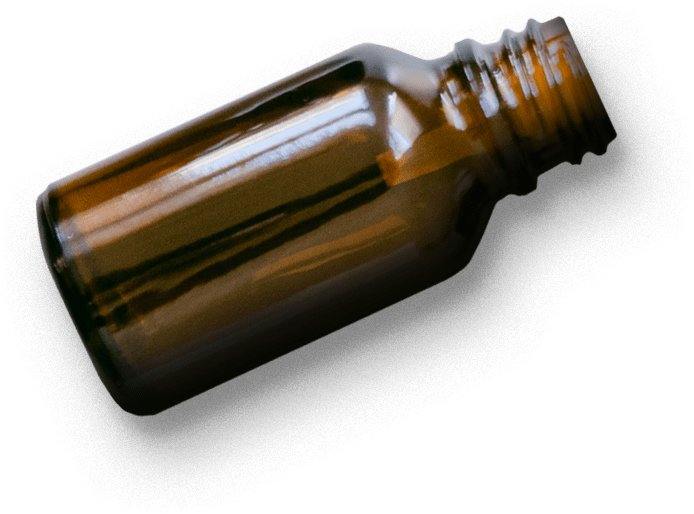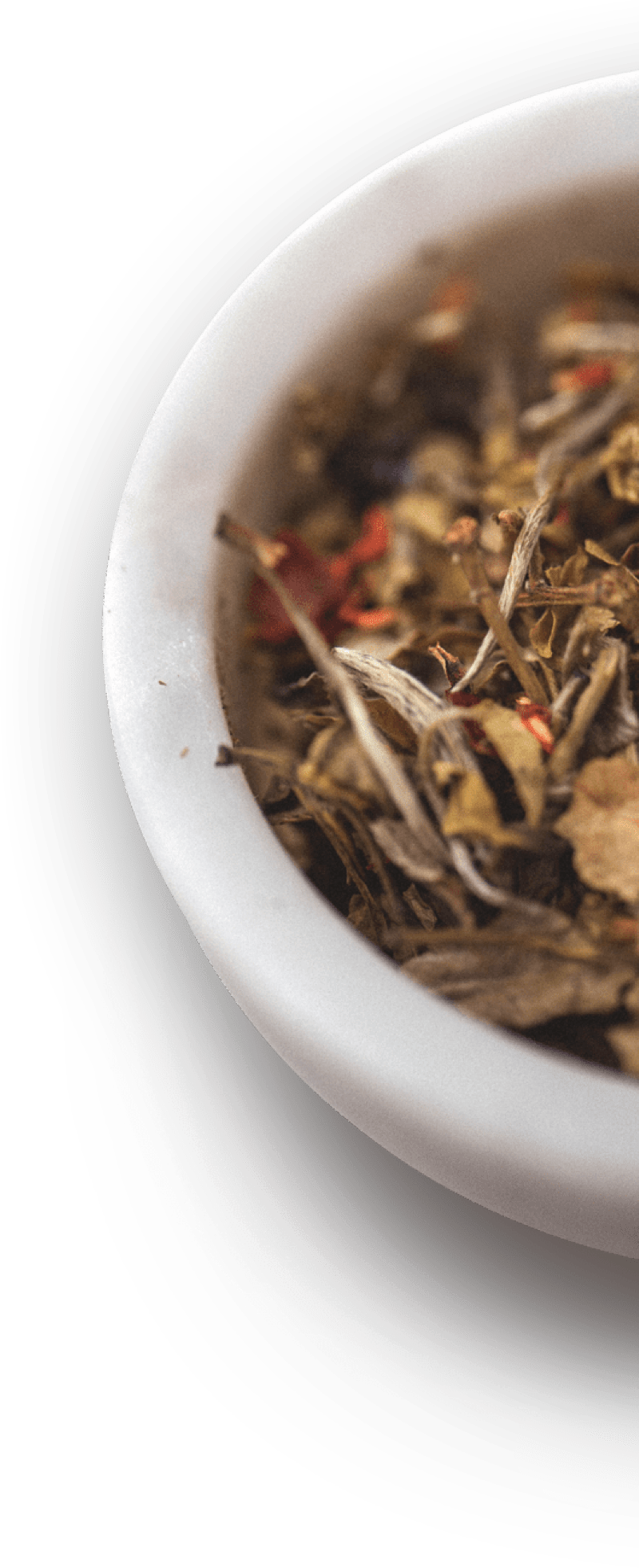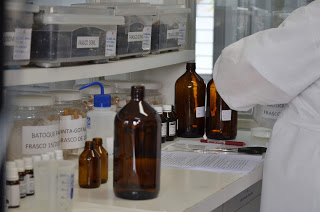Hahnemann read a lot about therapies from various countries and advocated many progressive and human treatments. Like Hippocrates, Hahnemann was one of the first doctors to announce the importance of improving the poor hygiene of homes and public places and insisted on the importance of a good diet, fresh and pure air, clean food and water, and a better standard of living for all. At the time of its discovery, homeopathy had a “science” more advanced than other forms of medicine.
Consequently, we see that homeopathy had its origins in an era of history in which the medieval and modern worlds intersected. He mixed ideas of alchemy and chemistry and applied them in an individual and holistic way to disease. Homeopathy used induction (experimental test) rather than deduction (theoretical test) as the basis of their system. It was a product of the Enlightenment, a curious blend of the ancient and modern worlds. Thus, in the history of Homeopathy, the history of the law of the like, of the vision of Total Man and of Vitalism, with the history of Hahnemann in its consolidation and systematization, is confused in the initial phase of its doctrinal foundations. These three postulations, bases of Homeopathy, are confused in their history with the history of Man.
LINK 1 – An interesting immunomodulator in India.
LINK 2 – The scientific background from the product above.












